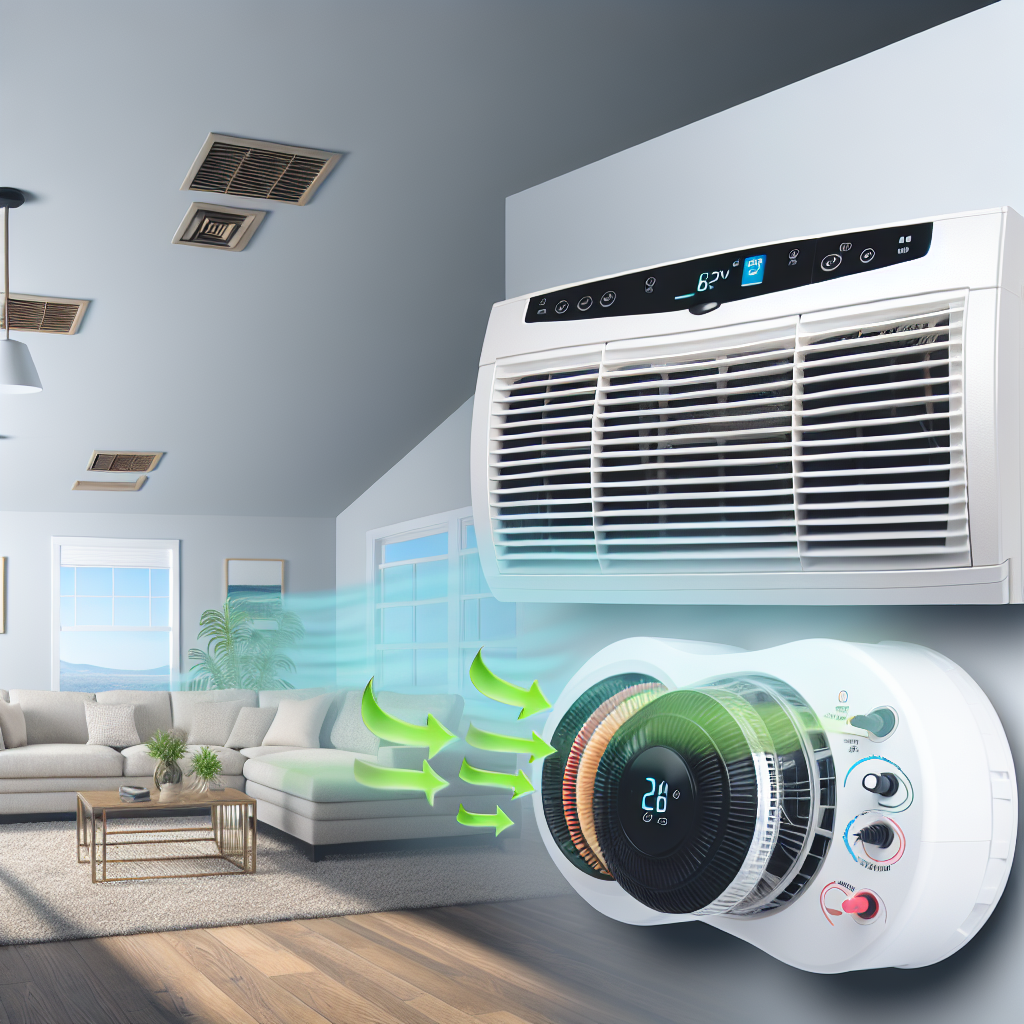Published: May 01, 2025

Maintaining the right humidity levels in your home is essential for both your comfort and health. Humidity levels that are too high can lead to mold growth and respiratory issues, while levels that are too low can cause dry skin and increased susceptibility to infections. In this blog post, we'll explore the importance of balanced humidity in your home and provide practical tips on how to achieve optimal levels.
Humidity refers to the amount of moisture in the air. The ideal humidity level for indoor spaces typically falls between 30% and 50%. When humidity levels are too high, it creates a breeding ground for mold, dust mites, and other allergens. On the other hand, low humidity can cause discomfort, dry out mucous membranes, and make you more vulnerable to illnesses.
Before taking steps to balance your home's humidity, it's crucial to understand the signs of imbalanced humidity. Some common indicators include:
By recognizing these signs, you can take proactive measures to address the humidity issues in your home.
Achieving the optimal humidity level in your home requires a combination of monitoring, lifestyle adjustments, and using the right tools. Here are some practical tips to help you balance humidity effectively:
Use a Hygrometer: Invest in a hygrometer to measure the humidity levels in your home accurately. This device will give you a clear understanding of whether your indoor air is too dry or too moist.
Proper Ventilation: Ensure your home is properly ventilated to prevent moisture from getting trapped indoors. Use exhaust fans in kitchens and bathrooms, and open windows when weather permits.
Humidifiers and Dehumidifiers: Depending on your humidity levels, consider using a humidifier to add moisture or a dehumidifier to remove excess moisture from the air. These appliances can help you maintain a comfortable environment year-round.
Seal Leaks and Insulate: Check for any leaks in your home that could be letting moisture in, especially in basements and attics. Proper insulation can also help regulate humidity levels and prevent condensation.
Houseplants: Certain houseplants, such as peace lilies and Boston ferns, can act as natural humidifiers by releasing moisture into the air. Place them strategically throughout your home to increase humidity levels.
Adjust Thermostat Settings: During the winter, lower your thermostat a few degrees to reduce indoor dryness. In the summer, raise the temperature slightly to prevent excess humidity.
Use Exhaust Fans: Run exhaust fans while cooking or showering to remove excess moisture from the air. This simple step can help prevent mold growth and maintain a healthier indoor environment.

Our expert technicians are ready to assist you 24/7!
Contact Us Today!Read our latest articles for helpful information about heating, cooling, and air quality.
Regular HVAC maintenance is essential for improving energy efficiency, extending the lifespan of your system, enhancing...
Read MoreImplement these 10 tips to enhance the air quality in your home, promoting a healthier living environment for you and y...
Read MoreRegular seasonal HVAC maintenance is essential for maximizing system efficiency, ensuring indoor air quality, preventing...
Read MoreSmart thermostats offer energy savings, convenience, learning capabilities, and integration with smart home systems, mak...
Read More